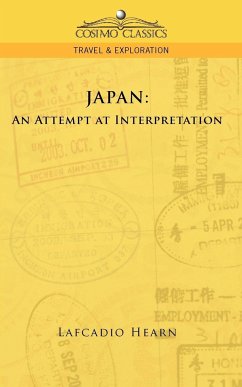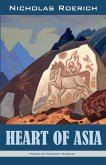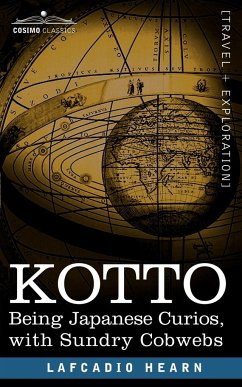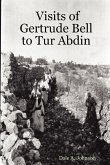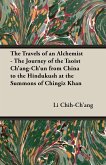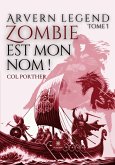The belief that the dead need affection, that to neglect them is a cruelty, that their happiness depends upon duty, is a belief that has almost cast out the primitive fear of their displeasure. They are not thought of as dead; they are believed to remain among those who loved them.... From their shrine they observe and hear what happens in the house; they share the family joys and sorrows; they delight in the voices and the warmth of the life about them. -from "The Religion of the Home" In 1889, Westerner Lafcadio Hearn arrived in Japan on a journalistic assignment, and he fell so in love with the nation and its people that he never left. His love letters to his adopted country, including 1894's Glimpses of Unfamiliar Japan and 1896's Kokoro: Hints and Echoes of Japanese Inner Life (both available from Cosimo Classics) helped fire global interest in Japanese culture as it was opening to the West in the 1890s, and in 1904, he published this engaging and highly entertaining series of essays. An early Western attempt to decipher the "outward strangeness" of all things in Japan, and to place the nation and its people in a larger historical context, this is a lyrical work, singing with respect and love. Bohemian and writer PATRICK LAFCADIO HEARN (1850-1904) was born in Greece, raised in Ireland, and worked as newspaper reporter in the United States before decamping to Japan. He also wrote In Ghostly Japan (1899).
Hinweis: Dieser Artikel kann nur an eine deutsche Lieferadresse ausgeliefert werden.
Hinweis: Dieser Artikel kann nur an eine deutsche Lieferadresse ausgeliefert werden.

